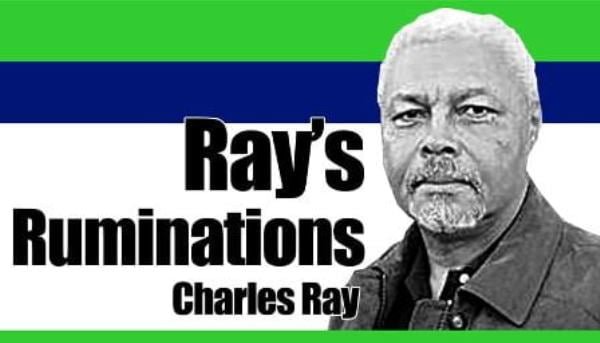
Have you ever been part of an organization where everyone just goes along with the majority no matter how inane their decision might be just to keep harmony in the group? Frustrating isn’t it? This is a psychological phenomenon called ‘Groupthink,’ and it occurs in a group where the desire for harmony or conformity in the group results often in an irrational or dysfunctional decision-making process and sometimes totally ridiculous outcomes.
Groupthink is the bane of creativity and individual responsibility. In fact, when an organization is in the grips of it, no individual in that organization feels responsible or accountable for unfortunate outcomes. Often well-intentioned people make completely stupid decisions because of the urge to conform to a group’s norms or expectations, or the belief that going against the group is impossible. Sometimes this is done deliberately in order to evade responsibility for the outcome, or because the people in the group value harmony over critical thought.
The term ‘groupthink’ was first introduced by Irving Janis in the November 1971 issue of Psychology Today, describing his research on group decision-making under stressful conditions. What Janis and other researchers have found is that in situations like this, individuals have a tendency to avoid expressing doubts or disagreeing with the group’s consensus. In the interest of furthering the group’s cause, they will often ignore moral or ethical consequences of their decision, or even make decisions that cross the line into illegality.
On a personal level, groupthink can be seen on school playgrounds where children, wanting to be a part of the ‘in-crowd’ will engage in bullying, or support friends doing wrong things like shoplifting or skipping classes. At the organizational or political level, it manifests itself in actions such as happened when the Republican National Committee tried to portray the January 6, 2021, assault on the Capitol as ‘legitimate political discourse,’ because so many of their members had bought into the ‘stolen election lie,’ and to disagree with this apparent consensus Republicans risked censure from their fellow party members.
The groups or organizations that give priority to their group identify and behave coldly toward those they deem ‘outsiders,’ are more likely to fall victim to groupthink. Organizations that discourage or punish dissent are also the kinds to engage in groupthink decision-making, leading to decisions sometimes that boggle the mind.
As an example, a neighbor of mine, while out biking one time, was hit by a young driver who was distracted by his cell phone. The cop who arrived on the scene did everything wrong, including failing to take photos of the position of the car and the bike which showed clearly that the kid’s car had drifted off the roadway and onto the bike path. When my friend considered filing a complaint against the officer he was advised by his lawyer not to because even though this particular policeman was known to be a bit sloppy with his reports a complaint from an ‘outsider’, a civilian, would result in all of his police colleagues closing ranks to protect him. That is the kind of totally stupid decision that results from groupthink.
Groupthink, even in minor, inconsequential situations, can result in decisions that are less than ideal or that ignore critical factors. But in situations of consequence, where lives can be on the line, groupthink can lead us to ignore morals and ethics, give priority to one specific issue while ignoring collateral consequences, and even lead to death and destruction.
How do you keep from falling into this trap? First, it helps to recognize when it’s happening. If people are pressured to ‘go along’ with the group, or shunned or criticized when they dissent, you’re heading down the path to groupthink. Group leaders should encourage diversity of opinion to make sure they are getting good advice and not a product of’ groupthink. We should not fear dissent, because it often leads to more creative thinking and greater innovation.
Don’t let your organization sink into the muddy ditch of groupthink. Take the high road to dissent and creativity. – NWI




